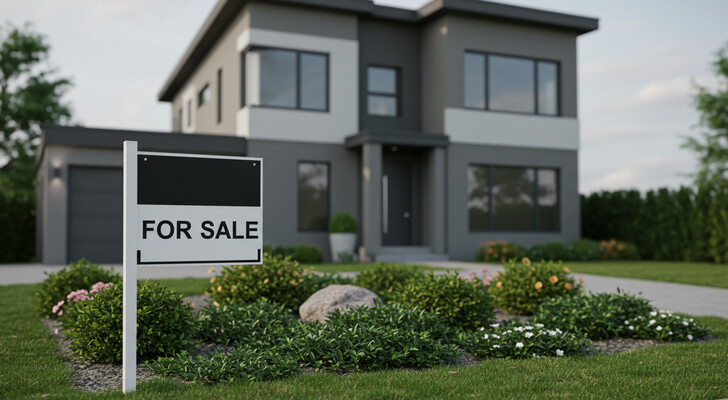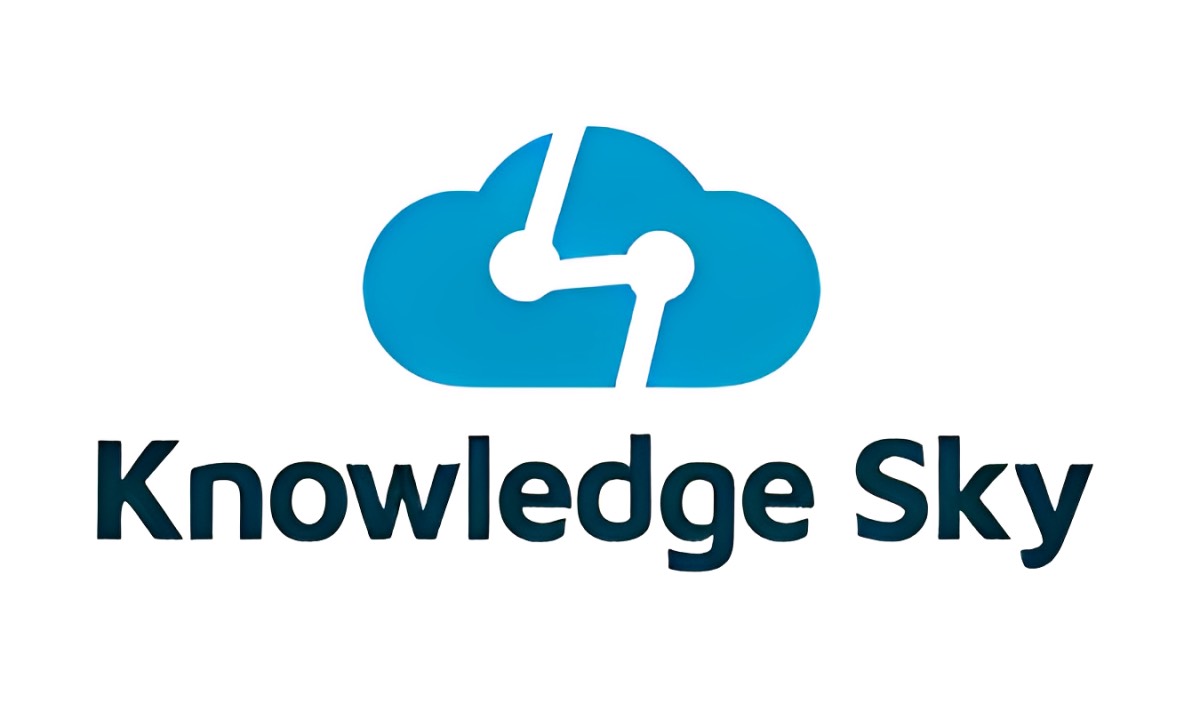
Buying a home is one of the biggest investments in life, but soaring property prices can make it challenging for many families. Fortunately, affordable homes for sale in 2025 offer an opportunity to enter the housing market without stretching your budget. Whether you are a first-time homebuyer or looking to downsize, understanding what qualifies as affordable housing, where to find these properties, and how to make a smart purchase is essential.
What Are Affordable Homes?
Affordable homes are properties priced below the median market value for a given area. They are designed to be attainable for moderate-income buyers and can include single-family houses, townhomes, condominiums, or starter homes. Government programs, local initiatives, and nonprofit organizations often provide grants, subsidies, or low-interest mortgages to help buyers secure these homes.
Key Factors Affecting Home Affordability
Several factors determine whether a home is affordable:
- Location: Homes in suburban or rural areas tend to cost less than those in major metropolitan regions.
- Size and Features: Smaller homes or properties with fewer luxury upgrades typically come at a lower price.
- Market Conditions: Local demand, interest rates, and economic trends can influence home prices.
- Government Programs: First-time homebuyer programs and tax credits improve access to affordable housing.
How to Find Affordable Homes for Sale
Finding budget-friendly homes requires strategy:
- Online Real Estate Platforms: Use filters on Zillow, Realtor.com, or Redfin to search by price and location.
- Local Housing Authorities: Many cities provide programs for moderate-income families.
- Real Estate Agents: Agents specializing in affordable housing can uncover hidden opportunities.
- Foreclosures and Auctions: While often lower-priced, these homes may require inspections and careful evaluation.
Tips for Buying an Affordable Home
Purchasing an affordable home doesn’t mean compromising on quality. Keep these tips in mind:
- Set a Realistic Budget: Factor in taxes, insurance, and maintenance.
- Get Pre-Approved for a Mortgage: Strengthens your offer and identifies your price range.
- Inspect Carefully: Professional inspections reveal needed repairs or renovations.
- Consider Long-Term Costs: Energy efficiency, HOA fees, and resale value should be evaluated.
Benefits of Buying an Affordable Home
Affordable homes often provide advantages beyond their lower price. Buyers can achieve homeownership sooner, which builds equity over time and offers financial stability. Smaller or more modest homes often mean lower utility bills and maintenance costs. Additionally, many affordable housing communities are located near schools, parks, and public transportation, making them ideal for families or individuals seeking convenience.
Financing Options for Affordable Homes
Many buyers assume they need a large down payment to buy a home, but financing options exist to make affordable homes accessible. FHA loans, VA loans, and USDA mortgages often require lower down payments and have flexible credit requirements. Local programs may also offer down payment assistance or grants to first-time buyers. Exploring these options can make even higher-priced markets attainable.
Renovation Opportunities
Buying an affordable home can also be a chance to invest in a property with renovation potential. Homes priced below market value may need updates or improvements, but small renovations can significantly increase the property’s value. From updating kitchens and bathrooms to enhancing curb appeal, buyers can create a home that meets their preferences while building equity over time.
Community and Lifestyle Benefits
Affordable homes are often part of communities with shared amenities such as parks, playgrounds, and walking trails. These neighborhoods can foster strong community connections, making them ideal for families and retirees alike. Many affordable housing developments are strategically located near public transportation, shopping centers, and schools, offering convenience without the high cost of city living.
Smart Investment Potential
Purchasing an affordable home isn’t just about savings; it can also be a smart long-term investment. As neighborhoods develop and property values rise, buyers may see significant appreciation in their home’s value. Additionally, owning an affordable home provides stability and predictability in housing costs compared to renting, helping families plan their finances more effectively.
Tips for First-Time Buyers
First-time homebuyers should take extra care when searching for affordable homes. Attending open houses, researching local markets, and consulting with experienced real estate professionals can make a significant difference. It’s also important to remain patient, as finding the right affordable property may take time. However, with careful planning, the process can lead to a successful purchase that fits both your budget and lifestyle.
Metro-by-Metro Breakdown of Affordable Home Prices in 2025
While prices vary across the U.S., several metro areas continue to stand out for their relative affordability. Cleveland, Ohio, remains one of the most budget-friendly markets with a median home price around $190,000, making it especially attractive to first-time buyers. Indianapolis, Indiana, follows closely at about $210,000, offering solid suburban options and steady growth. In Texas, San Antonio averages $250,000, combining reasonable prices with a growing range of amenities, while Jacksonville, Florida, offers both city and suburban living at roughly $270,000. Pittsburgh, Pennsylvania, provides family-friendly neighborhoods at around $200,000, and Kansas City, Missouri, balances job access with affordability at approximately $220,000.
Other cities worth noting include Oklahoma City, Oklahoma, where homes average $200,000 and the cost of living stays low; Buffalo, New York, with revitalized urban districts at $210,000; and Louisville, Kentucky, blending history and value at about $215,000. Memphis, Tennessee, remains one of the most affordable large metros at around $190,000, while Birmingham, Alabama, draws budget-conscious buyers with a $195,000 median. St. Louis, Missouri, rounds out the list with diverse neighborhoods and a median price near $205,000.
Conclusion
Affordable homes for sale in 2025 provide a practical path to homeownership. By understanding affordability factors, knowing where to look, and carefully evaluating options, buyers can find properties that meet both their needs and budget. Whether purchasing a starter home, downsizing, or relocating, exploring affordable housing options is a smart and achievable step toward owning your own home. With proper planning, financing strategies, and patience, affordable homeownership can offer financial stability, lifestyle benefits, and long-term investment potential.


